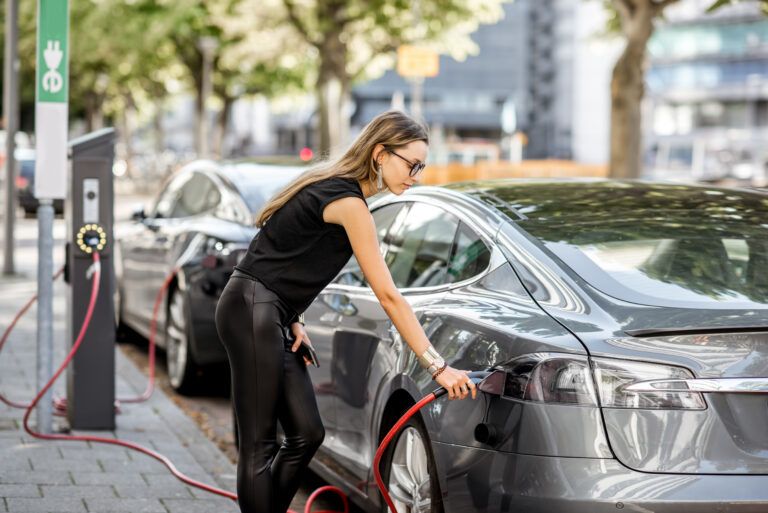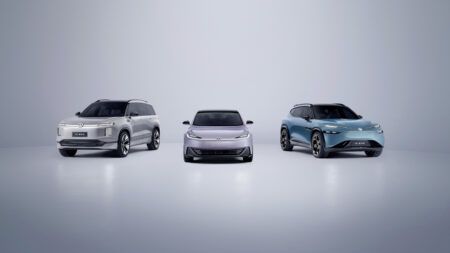The UK government has announced that from March 18, 2021, it will be reducing the discount consumers of new electric cars are able to claim, coming down from £3,000 to £2,500 on cars priced £35,000 or under, while scrapping it entirely for EVs priced above this. The government claims this is to help stretch funding for longer, while others believe reducing the grant could have a negative impact on EV sales.
For the last ten years the UK government has been offering financial incentives and discounts on electric car purchases to encourage consumer adoption. Sadly, not all good things last, and this amount is being reduced and cut entirely for more expensive cars.
The grant scheme for electric cars, vans and trucks has been updated to target less expensive models and reflect a greater range of affordable vehicles available, allowing the scheme’s funding to go further and help more people make the switch to an electric vehicle, the UK government states. However, grants will no longer be offered for EVs over £35,000.
“This will mean the funding will last longer and be available to more drivers. Grants will no longer be available for higher-priced vehicles, typically bought by drivers who can afford to switch without a subsidy from taxpayers. The number of electric car models priced under £35,000 has increased by almost 50% since 2019 and more than half the models currently on the market will still be eligible for the grant,” a statement read.
The plug-in vehicle grant scheme was renewed last year, with £582m of funding intended to last until 2022 to 2023.
Transport minister Rachel Maclean said: “The level of funding remains as high as ever, given soaring demand, we are refocusing our vehicle grants on the more affordable zero emission vehicles – where most consumers will be looking and where taxpayers’ money will make more of a difference. We will continue to review the grant as the market grows.”
However, there has been some outcry on the decision from those who believe more incentives are needed at this crucial time of transition in the automotive market and in helping to reach zero emissions targets.
“Today’s news from the UK Government that plug-in grants for passenger and commercial vehicle customers are being reduced is disappointing and is not conducive to supporting the zero emissions future we all desire,” said Graham Hoare, chairman, Ford of Britain
“Robust incentives – both purchase and usage incentives – that are consistent over time are essential if we are to encourage consumers to adopt new technologies, not just for all-electrics but other technologies too like PHEVs that pave the way to a zero emissions future.”
Mike Hawes, SMMT chief executive, said: “The decision to slash the Plug-in Car Grant and Van & Truck Grant is the wrong move at the wrong time. New battery electric technology is more expensive than conventional engines and incentives are essential in making these vehicles affordable to the customer.
Cutting the grant and eligibility moves the UK even further behind other markets, markets which are increasing their support, making it yet more difficult for the UK to get sufficient supply. This sends the wrong message to the consumer, especially private customers, and to an industry challenged to meet the Government’s ambition to be a world leader in the transition to zero emission mobility.”
Since 2011, the UK government has provided close to £1.3bn in plug-in vehicle grant funding, and the incentives have been playing a part in seeing nearly 11% of new cars sold in 2020 having electrification. This was up from just over 3% in 2019 – and battery electric car sales almost tripled over that same period.





